New film highlights 1930s Australian protest against Japanese atrocities in China
Updated: 2015-03-23 11:02
(Xinhua)
|
||||||||
A famous protest of Australian union workers against Japanese invasion of China and the atrocities they committed against the Chinese people has become the topic of a new Australian-made documentary released on the weekend.
"The Dalfram Dispute, 1938: Pig Iron Bob" tells the story of a group of Australian wharf workers who refused to load pig iron on board the steamship Dalfram, which was bound for Kobe, Japan because the materials were being used to make weapons used in Japan's war against China.
The incident led to a nine-week workers lockout and climaxed when the then Australian prime minister Robert Menzies came to the Wollongong port, south of Sydney, to sort out the strike. When Menzies arrived, protesters yelled out: "Pig Iron Bob," and the term became his nickname, and part of the title of the film.
Associate producer and current Australian union leader Arthur Rorris said the story reflects a bond between the Australian and Chinese people.
"There was the Chinese people suffering unimaginable suffering, acts of inhumanity and a community on the other side of the world, and the maritime workers of Port Kembla who took those courageous steps in standing themselves in the way, literally, being used to build an imperialist war machine," he said at the opening of the film on Saturday.
Wollongong Lord Mayor Gordon Bradbery said the people of his city played a major role in highlighting the atrocities committed by the Japanese against the Chinese in the late 1930s.
"Back in 1938 the people had compassionate concern for the people caught up in the dreadful situation where Japan invaded China," he said.
"There was a group of people down here in this very small country, not in terms of geography but in terms of population. They had a conscience and responded, and more specifically those in the union movement at the time that took up the cause."
Producer and director Sandra Pires said the film features interviews with survivors of the Nanjing Massacre.
"The stories of the Nanjing survivors brought us to tears, but this film is about peace. The survivors said that if they could forgive the Japanese, anyone could," she said.
The film will tour Australia in the coming months and she hoped it would be screened in China in September this year.
Related:

 Stairway to heaven
Stairway to heaven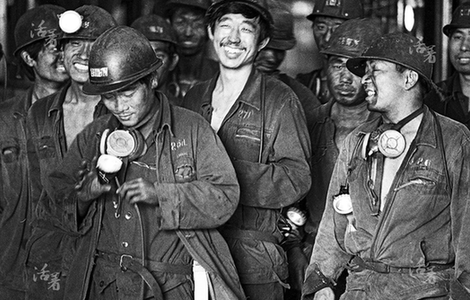
 Dramatic changes for Chinese miners in the last 30 years
Dramatic changes for Chinese miners in the last 30 years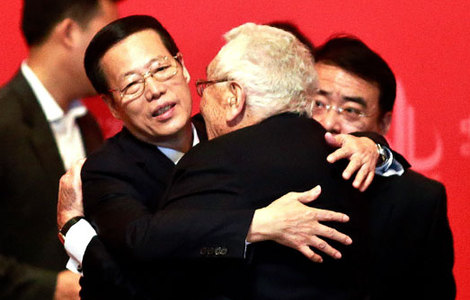
 Antitrust policy 'treats all fairly'
Antitrust policy 'treats all fairly'
 Top 10 young Chinese entrepreneurs defining the future
Top 10 young Chinese entrepreneurs defining the future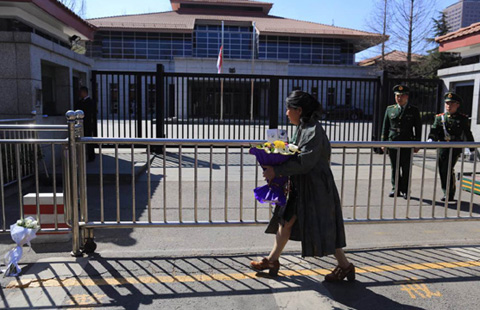
 Singapore Embassy in Beijing mourns Lee Kuan Yew
Singapore Embassy in Beijing mourns Lee Kuan Yew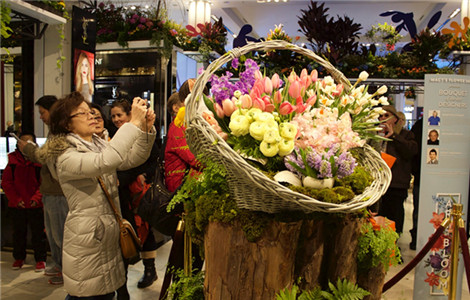
 China joins legendary flower show
China joins legendary flower show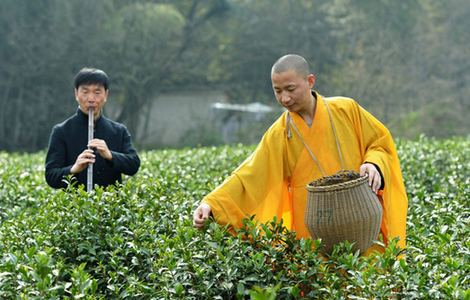
 Monks perform tea-picking ritual in Hangzhou
Monks perform tea-picking ritual in Hangzhou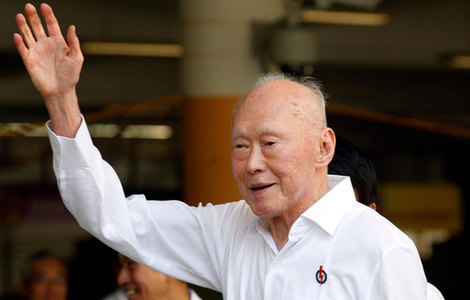
 Singapore founding father Lee Kuan Yew
Singapore founding father Lee Kuan Yew
Most Viewed
Editor's Picks

|

|

|

|

|

|
Today's Top News
Kites of Asia soar at Smithsonian
Beijing artist gives back to opera
Lee remembered as 'old friend' of Chinese people
Texas Republican Cruz announces presidential bid
Fictional TV presidents more popular than Obama - poll
Funding of China-backed bank will be open to other countries
Six Western economies apply to join AIIB
US urged to honor pledge
US Weekly

|

|








